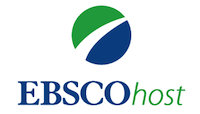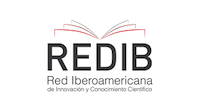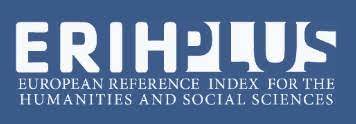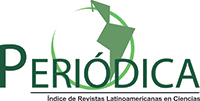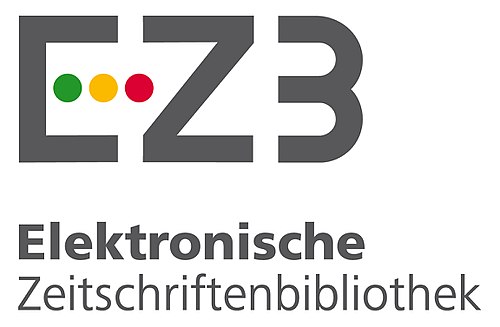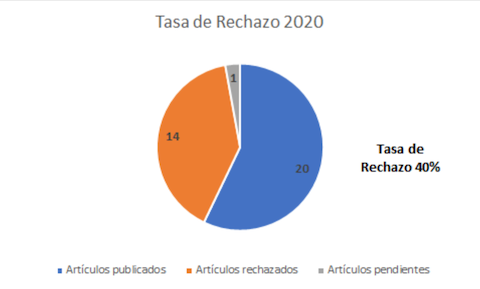Qr codes based on mobile learning as a strategy for formative research: A pilot case
DOI:
https://doi.org/10.18667/cienciaypoderaereo.500Keywords:
Formative Research, Mobile Learning, Research Problem, QR CodesAbstract
This article provides a strategy with tools that lead the interested to pose a research problem through incorporating mobile technology. Having identified the needs, a learning environment mediated by mobile devices was designed in order to develop skills to identify a problem in the field of aviation security through QR codes. The research is supported by a case study with a qualitative approach; the data was obtained through observation and instrument design, used to describe the dynamics of the integration of mobile devices in the formulation of the research problem; the sample consisted of fourteen students of the Specialization in Operational Security Management (EGSO), the obtained results were analyzed from the initial categories: problem formulation and collaboration tools, and emerging categories: APP as an educational resource and accessibility. Overall, the analysis of the research problem design with QR codes is presented. This research was carried out in the (EGSO), with the purpose of contributing to the search for effective strategies for students to choose to incorporate into their research projects.
Downloads
References
Bautista, N. P. (2011). Proceso de la Investigación Cualitativa. Epistemología, metodología y aplicaciones. Bogotá D.C: Manual Moderno. ISBN 9789589446409
Barbolla, C., Benavente, N., López, T., Martín, C., Perlado, L., & Serrano, C. (30 de 11 de 2010). Investigación etnográfica, Métodos de Investigación Educativa en Ed. Especial. Recuperado el Mayo de 2013, de http://www.uam.es/personal_pdi/stmaria/jmurillo/InvestigacionEE/Presentaciones/Curso_10/I_Etnografica_Trabajo.pdf
Bottorff, J. L; Boyle, J.S; Carey, Martha Ann Et. Al. (2003). Asuntos Críticos en los Métodos de Investigación Cualitativa (J. Morse, Ed.). Medellín, Antioquia: Edit. Universidad de Antioquia (1ra Edición). ISBN 9789586556569
Bolívar, W., Ochoa, M., y Orrego, C. (2014). Capacitación B-learning, cambios en la práctica docente. Rev. Ciencia y Poder Aéreo, Vol. 9 (1). Pag. 167-181
https://doi.org/10.18667/cienciaypoderaereo.145
Consejo Nacional de Acreditación . (2010). Lineamientos para la Acreditación Institucional . Bogotá : CNA.
Colciencias (2014). Preguntas Frecuentes, Tomado de hhttp://190.242.114.60/colciencias-dev/sites/default/files/upload/preguntasfrecuentes-colciencias.pdf
Escuela de Postgrados Fuerza Aérea Colombiana. (2012). Reglamento de Investigación . EPFAC: Departamento de Investigación.
Escuela de Postgrados Fuerza Aérea Colombiana. (2013). Documento Maestro Especialzación en Gerencia de la Seguridad Operacional - SNIES 102769. Bogotá: EPFAC.
Estrada-Villa, E. J. (2014). Factores que Contribuyen y Dificultan el Desarrollo de la Enseñanza Aprendizaje Mediada por Dispositivos Móviles en Instituciones de Educación Superior en Colombia. Disponible en http://intellectum.unisabana.edu.co/bitstream/handle/10818/11596/Erika%20Juliana%20Estrada%20Villa%20(tesis).pdf?sequence=1: Tesis de Maestría .
Estrada-Villa, E. J., Rodriguez Gallego, O. C., Gutierrez Barbosa, P., & Jaramillo Cortés, L. E. (2015). Hacía una metodología para la enseñanza del idioma inglés en la modalidad virtual para la Escuela de Postgrados de la Fuerza Aérea Colombiana. Revista de Tecnología Aeronáutica, 24, 23-29 Disponible en https://www.researchgate.net/publication/295547993_Looking_for_a_Virtual_English_teaching_system_for_the_Colombian_Air_Force_Graduate_School.
FAC. (2013). Directiva Permanente FAC No. 028. Bogota: COFAC-JEMFA-JEA-DICTI-26.1 d.
Fernández Ordóñez , G. M. (2009). Generador e Interprete QR Code. Sevilla : Tesis de la Escuela Técnica Superior de Ingeniería Informática .
González, Mercedes; Muñoz, Pablo; Hernández, Nuria; (2014). La planificación del aprendizaje colaborativo en entornos virtuales. Comunicar, Enero-Junio, 25-33. Disponible en http://www.redalyc.org/articulo.oa?id=15830197004
Hernández Sampieri, R.; Fernández Collado, C., & Baptista Lucio, P. (2010). Metodología de la investigación. Quinta Edición. ISBN 9786071502919. México: McGraw-Hill/ Interamericana Editores S.A.
Huber, G. L. (2008). Aprendizaje Activo y Medodologías Educativas. Revista De Educación, Numero Extraordinario 2008, Pag 59-81. Retrieved from http://tecnologiaedu.us.es/mec2011/htm/mas/1/11/30.pdf#page=59
Johnson, B., & Christensen, L. (2014). Educational Research: Quantitative, qualitative, and mixed approaches (5th ed. ed.). Thousand Oaks, California: Sage Publications. ISBN 9781452244402
Luque Ordoñez, J. (2012). Códigos QR . ACTA - Autores Cientifico-Técnicos y Académicos , 9-28.
Martínez Carazo, P. C. (2006). El método de estudio de caso Estrategia metodológica de la investigación científica. Revista Científica Pensamiento Y Gestión, 20, 165-193. Disponible en http://rcientificas.uninorte.edu.co/index.php/pensamiento/article/viewFile/3576/2301
Ministerio de Educación Nacional . (2010). Decreto 1295. Bogotá: Republica de Colombia.
Miras, Mariana. Un punto de partida para el aprendizaje de nuevos contenidos: Los conocimientos previos, en Coll, César; Martín, Elena; Mauri, Teresa; Miras, Mariana, Onrubia, Javier; Solé, Isabel y Zabala, Antoni. (2002) El constructivismo en el aula. Editorial Graó. Barcelona. 1º Edición1999. Edición actualizada 2002
Ordoñez, J. L. (2012). Códigos QR. Revista Digital ACTA. Manual Formativo No. 063 paginas 9-28 Retrieved from http://www.acta.es/medios/articulos/comunicacion_e_informacion/063009.pdf
Orrego, C., & Alba, M. (2013). Aprender haciendo en la virtualidad. Ciencia y Poder Aéreo Vol. 8, 108-115 DOI: http://dx.doi.org/10.18667/cienciaypoderaereo.14.
https://doi.org/10.18667/cienciaypoderaereo.14
Perez, J. F., & Lagos , S. d. (2014). Diagnóstico para el uso de la realidad aumentada como recurso didáctico en UNAH-TEC Danlí. Herramient@s UNAH INNOV@ No.3, 21-27.
Pérez Uribe, R. (2012). Priorización de problemas en ambientes de seguridad operacional. Revista Ciencia y Poder Aéreo, 7(1), 8-19. doi:http://dx.doi.org/10.18667/cienciaypoderaereo.16
https://doi.org/10.18667/cienciaypoderaereo.16
Tony Bates, A.W. (2001) Cómo gestionar el cambio tecnológico: Estrategias para los responsables de centros universitarios. Barcelona: GEDISA
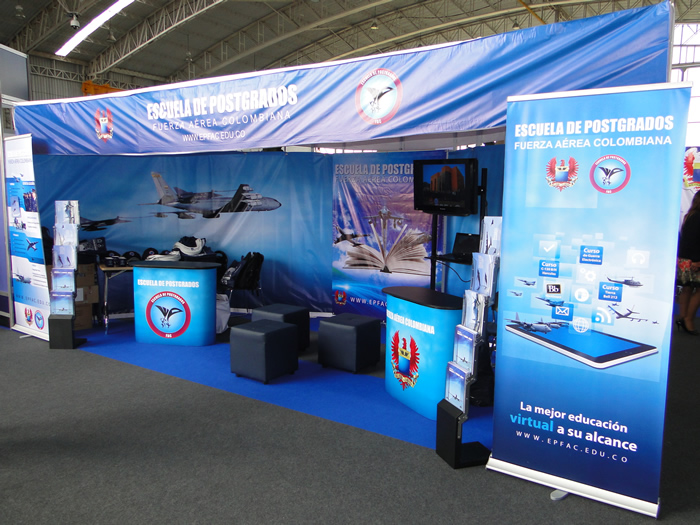
Downloads
Published
Issue
Section
Categories
License
Assignment of Copyrights
Authors assign Ciencia y Poder Aéreo journal the exclusive rights (reproduction, distribution, public communication, and transformation) to exploit and commercialize their work, in whole or in part, in all the formats and modalities of present or future exploitation, in all languages, throughout the life of the work and throughout the world.
All contents published in Ciencia y Poder Aéreo journal are licensed under a Creative Commons Attribution 4.0 International License, whose complete information is available at http://creativecommons.org/licenses/by/4.0/
Under the terms of this license, users are free to download, print, extract, archive, distribute and publicly communicate the content of articles, provided that proper credit is granted to authors and Ciencia y Poder Aéreo, scientific journal of the Graduate School of the Colombian Air Force. Except when otherwise indicated, this site and its contents are licensed under a Creative Commons Attribution 4.0 International License.
For other uses not considered under this license it is required to contact the Director or the Editor of the journal at the e-mail address cienciaypoderaereo1@gmail.com.
The Graduate School of the Colombian Air Force and this publication are not responsible for the concepts expressed in the articles, including the metadata or the affiliation stated by authors. This is the full responsibility of the authors.



